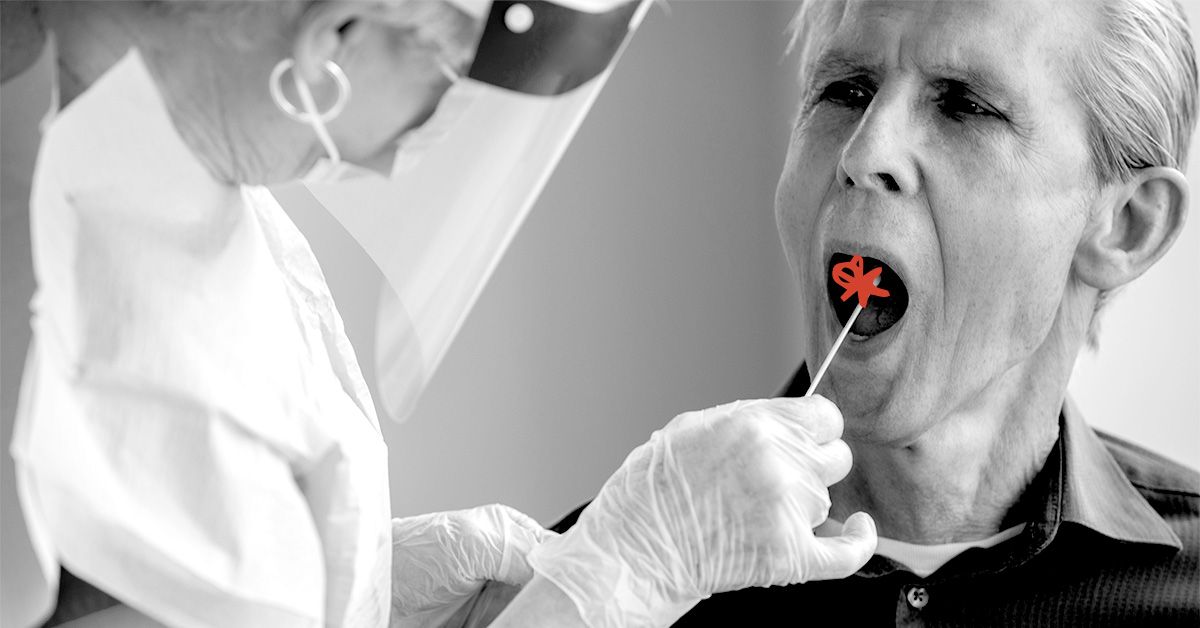Aging is a natural process that varies among individuals, influenced by genetics and lifestyle choices. Scientists have developed a new tool called CheekAge that can predict mortality by analyzing epigenetic changes in cheek cells, offering a noninvasive way to monitor biological aging. Environmental factors such as stress, poor sleep, poor nutrition, smoking, and alcohol consumption can accelerate aging by leaving their mark on our genome in the form of epigenetic changes. Epigenetics studies how gene activity can be altered without changing the DNA sequence itself, providing insights into the relationship between our environment and gene expression. Epigenetic clocks have been developed to estimate biological age by analyzing DNA methylation patterns, with CheekAge being a second-generation clock that uses methylation data from cheek cells for prediction.
CheekAge was trained by analyzing methylation levels at approximately 200,000 sites and linking them to an overall health and lifestyle score that represents variations in physiological aging. Researchers tested CheekAge’s ability to predict mortality risk by analyzing a cohort of 1,513 men and women born in 1921 and 1936, who were part of the Lothian Birth Cohorts program. The results showed that CheekAge was significantly associated with mortality, outperforming first-generation clocks trained in datasets containing blood data. For each increase by a single standard deviation in CheekAge, the hazard ratio of all-cause mortality increased by 21%, indicating a strong predictive capability of CheekAge in assessing mortality risk.
The study identified specific genes linked to mortality, such as PDZRN4 and ALPK2, which may play a role in lifespan and the risk of age-related diseases. CheekAge provides a less invasive alternative for studying and monitoring biological aging, as it can predict mortality even when the methylome is measured in blood cells. Occupational therapist Brittany Ferri believes that using cheek cells to predict aging and related health issues could revolutionize preventive healthcare by providing a personalized and proactive approach to managing health concerns. More research is needed to fully understand the implications of CheekAge predictions and their impact on delaying or preventing age-related diseases.
The researchers behind CheekAge envision the tool as a potential method for personalized health assessments, allowing individuals to track their aging process and make informed decisions about their health. While the FDA has yet to validate CheekAge, the tool shows promise as a valuable aging biomarker that can be used in academic research, clinical trials, and health tracking. The team looks forward to future studies exploring the associations between CheekAge and various health and lifestyle factors, contributing to a better understanding of aging and disease prevention. By making aging predictions more accessible, CheekAge has the potential to improve health outcomes for individuals from diverse backgrounds, offering a better quality of life as they age.









